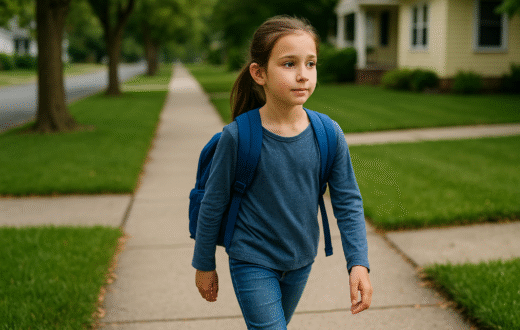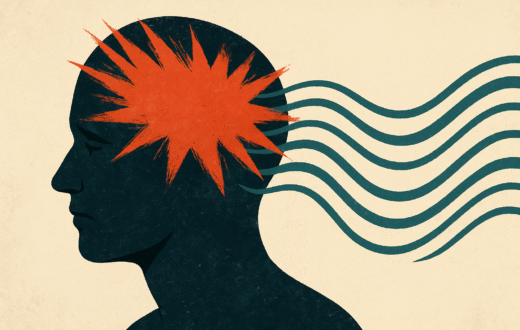How Changes in Our Brain Shape Social Behavior as We Age

As we grow older, our social circles often shrink. Friends might move away, and our focus can shift toward work and family, causing social interactions to take a backseat. But it’s not just a matter of being busy — a new German study indicates that brain changes may make socializing feel less rewarding with age. Researchers found that neural connections tied to memory and self-awareness weaken, while regions linked to emotional stress become more active.
The Importance of Human Connection
Our brains are inherently designed for connection. From birth, social interactions are essential for learning and development, activating brain areas responsible for reward, empathy, and emotional control. Spending time with friends triggers the release of dopamine and oxytocin, hormones that foster happiness and bonding, while reducing cortisol, which lowers stress and promotes relaxation.
Humans are not meant to live in isolation. Loneliness has a profound impact on both mental and physical health. It can heighten feelings of anxiety and depression, and over time, chronically elevated cortisol levels contribute to inflammation, increased blood pressure, and a higher risk of heart disease. Some studies equate chronic loneliness to smoking 15 cigarettes a day in terms of health risk.
As people age, maintaining social ties becomes increasingly challenging. About one in three older adults faces loneliness or social isolation, often due to life transitions like retirement, health problems, or the loss of a partner. When familiar routines fade, it takes more intentional effort to sustain or build relationships. This new study suggests that shifts in the aging brain might be a key factor behind declining sociability.
What This Study Tells Us About the Aging Brain and Social Engagement
Nearly 200 adults took part in the study, completing a six-question emotional intelligence test assessing social awareness, emotional management, communication skills, and comfort in social settings.
Participants also underwent MRI scans. In older adults with lower sociability scores, researchers observed two significant patterns: the first, called the age-negative network, involved weakened connections between brain regions responsible for memory, attention, and self-awareness, particularly in frontoparietal areas important for executive functioning. As these connections diminish, mental sharpness and social confidence may decline.
Meanwhile, the second pattern, the age-positive network, showed stronger links in areas handling bodily sensations and movement, which are often activated during social stress, such as feeling judged or left out. Strengthening of this network could make socializing feel more taxing, prompting withdrawal even when the desire for connection remains.
What Remains Unclear
These findings shed light on the relationship between aging, brain connectivity, and social behavior, but they don’t provide the whole picture. Most participants were younger adults, so later-life brain changes might not have been fully represented. Additionally, since the study included only Europeans, cultural differences in social norms could limit how broadly these results apply. Culture plays a significant role in shaping social behavior.
Moreover, the study relied on self-reported questionnaires, which reflect participants’ perceptions of their sociability rather than their actual behavior, and perceptions can be influenced by mood, memory, or personality. Factors like mental health and personality changes with age, which weren’t directly measured, may also affect sociability scores.
Conclusion
Aging doesn’t mean the end of an active social life. Although brain changes and life events can make socializing more difficult, it’s still possible to nurture meaningful connections. By making conscious efforts to reconnect with old friends, join community activities, or try new hobbies, staying socially engaged remains one of the best ways to keep both mind and body healthy.





